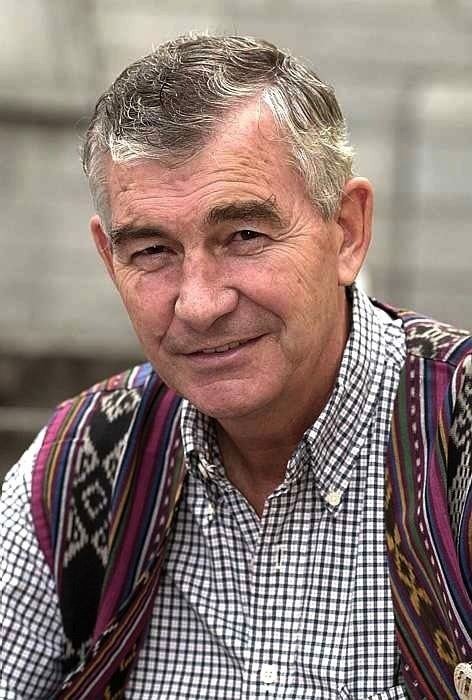Something Official from Rome
- Profiles in Catholicism

- Oct 17, 2025
- 3 min read
by Father Joseph Chamblain, O.S.M. Profiles in Catholicism

This past Thursday October 9, Pope Leo issued his first Apostolic Exhortation. What’s that? Well Popes and Vatican Offices issue lots of documents intended for the universal church. The two most important are encyclicals and apostolic exhortations. Encyclicals define church doctrine. Exhortations encourage or “exhort” us to undertake specific actions or embrace certain virtues that are already part of church teaching.
Exhortations are about something we already know, but something we need to revisit in light of contemporary circumstances.
The exhortation entitled Dilexit Te (I have loved you) is about care for the poor. It was begun by Pope Francis and completed by Pope Leo. The new pope is telling us that his priorities will reflect Pope Francis’ priorities. “I share the desire of my predecessor that all Christians come to appreciate the close connection between Christ’s love and his summons to care for the poor. I too consider it essential to insist on this path to holiness. . . . Love for the Lord, then, is one with love for the poor.”
In stark words, Pope Leo says, “The illusion of happiness derived from a comfortable life pushes many people towards a vision of life centered on the accumulation of wealth and social success at all costs, even at the expense of others and by taking advantage of unjust social ideals and political economic systems that favor the strongest.
Thus, in a world where the poor are increasingly numerous, we paradoxically see the growth of a wealthy elite, living in a bubble of comfort and luxury, almost in another world compared to ordinary people.
This means that a culture still persists—sometimes well disguised—that discards others without even realizing it and tolerates with indifference that millions of people die of hunger or survive in conditions unfit for human beings.” He later states, “Some dismiss or ridicule charitable works, as if they were an obsession on the part of the few and not the burning heart of the Church’s mission.”
A long middle section of the exhortation takes us through passages from the Hebrew prophets and the Gospels pointing to God’s special concern for the poor. He then quotes many Christian writers from the early church; he speaks of the founding of the monasteries in the middle ages, the emergence of the mendicant orders (like the Servites) in the fourteenth century, and the newer religious congregations and lay organizations of recent centuries—showing how care for the poor was the inspiration for each founder or foundation. One quotation from St. John Chrysostom, Archbishop of Constantinople in the late 300’s seems particularly poignant:
“Do you wish to honor the body of Christ? Do not allow it to be despised in its members, that is, in the poor, who have no clothes to cover themselves. Do not honor Christ’s body here in church with silk fabrics, while outside you neglect it when it suffers from cold and nakedness. Let us therefore learn to think of and honor Christ as he wishes. For the most pleasing honor we can give to the one we want to venerate is that of doing what he himself desires, not what we desire. . . . What advantage does Christ gain if the sacrificial table is laden with golden vessels, while he himself dies of hunger in the person of the poor?”
After emphasizing that “charity is not optional but a requirement of true worship,” the Pope speaks of the various forms that poverty takes in the present world, including the almost universal challenge of migrants.
“The Church like a mother accompanies those who are walking. Where the world sees threats, she sees children; where walls are built, she builds bridges. She knows that her proclamation of the Gospel is credible only when it is translated into gestures of closeness and welcome. And she knows that in every rejected migrant, it is Christ himself who knocks at the door of the community.”
In a final section, Pope Leo tells us that the poor have a lot to teach the rest of the world about Christian living: “Christian holiness often flourishes in the most forgotten and wounded places of humanity.” This is often because the poor are not as caught up in our consumer culture. That leads to his final point. “We need to be increasingly committed to resolving the structural causes of poverty. This is a pressing need that cannot be ignored, not only for the pragmatic reason of its urgency for the good order of society, but because society needs to be cured of a sickness weakening and frustrating it . . . . Human rights are not equal for all.” At the foundation of our mission, the Pope says is Christian love, “which brings close those who were distant, unites strangers, and reconciles enemies.


